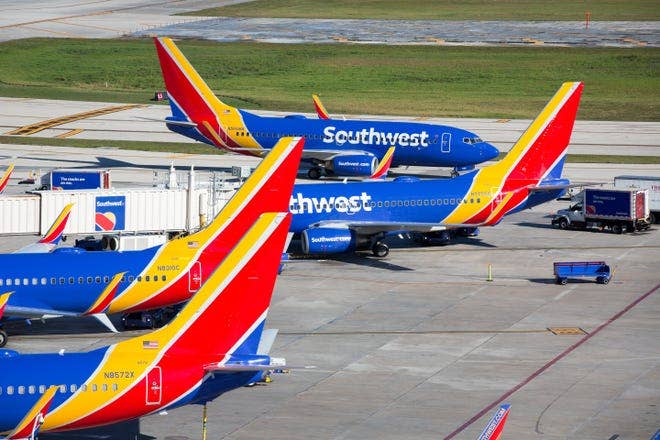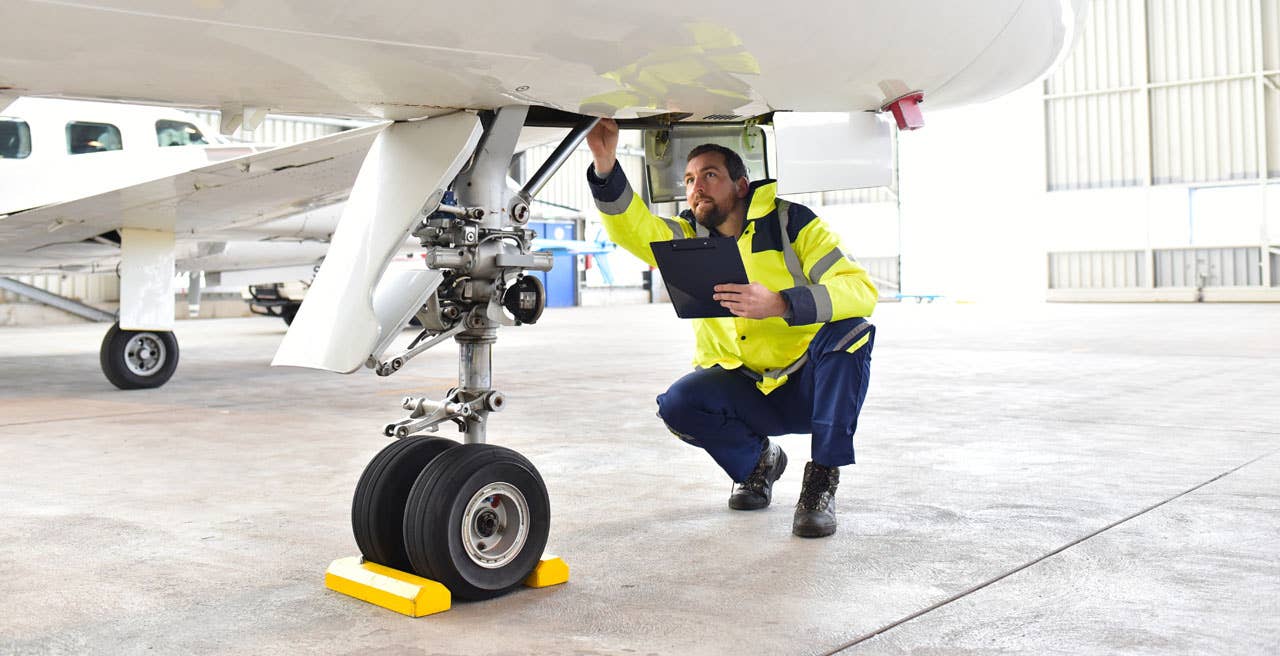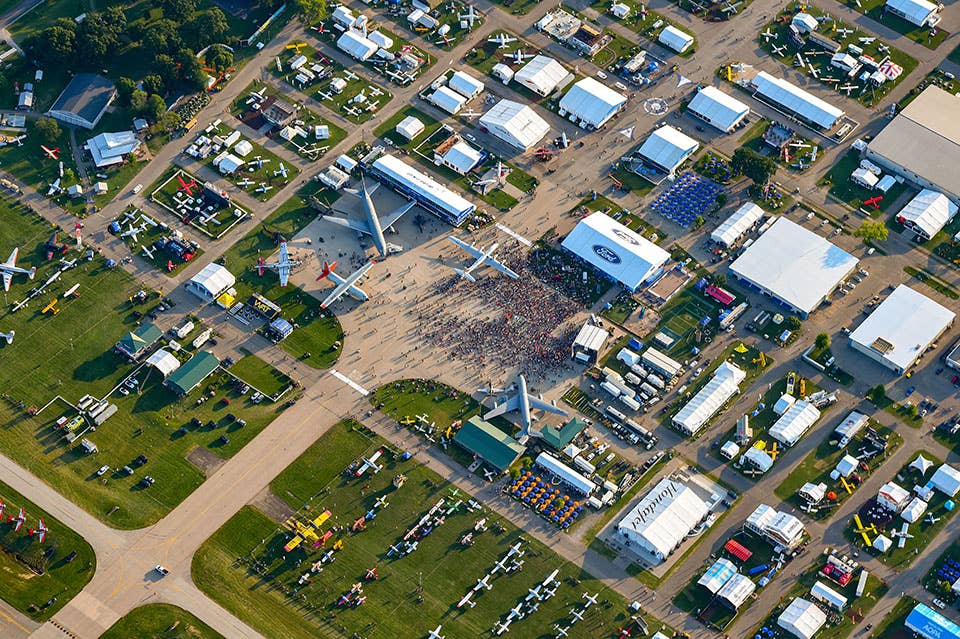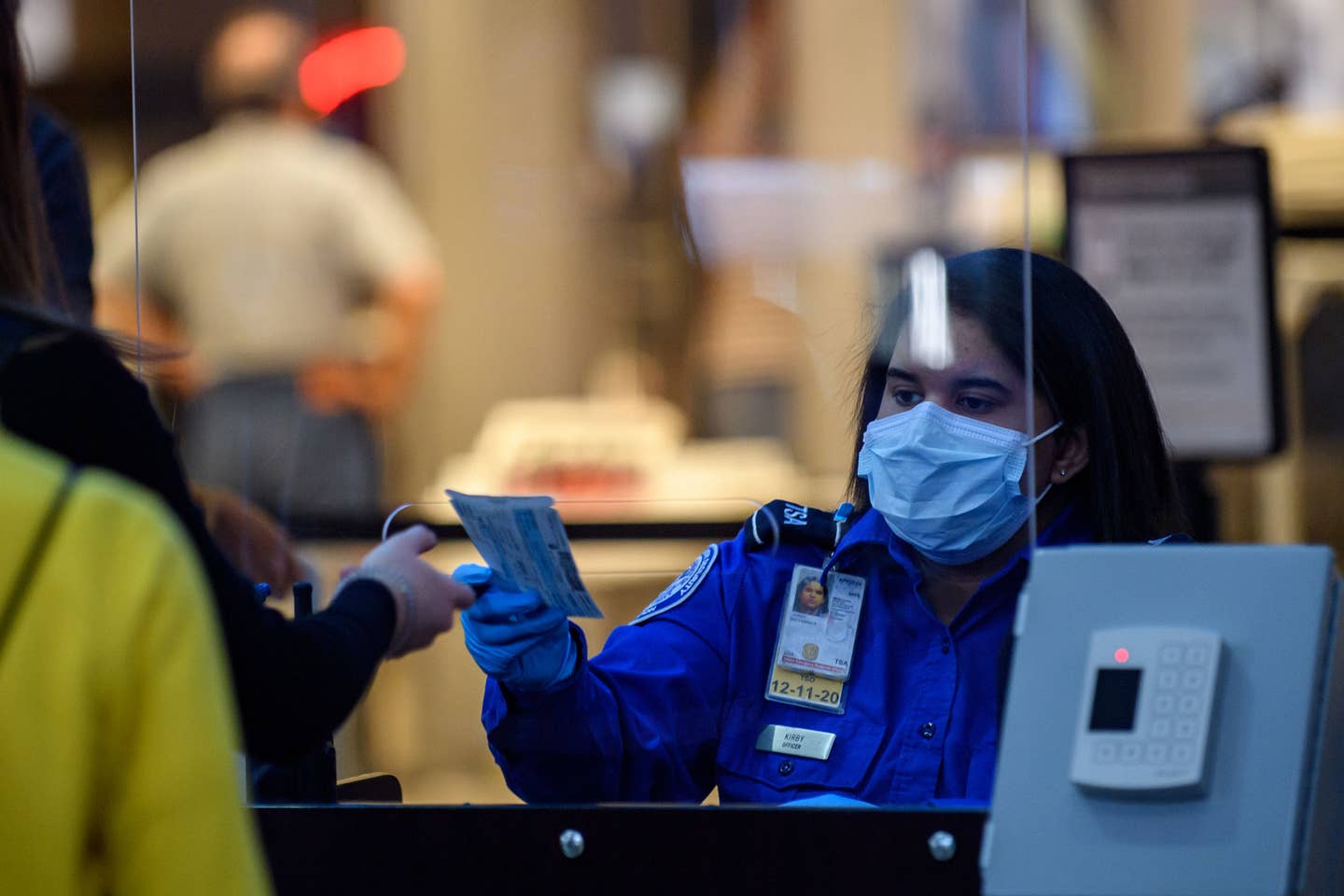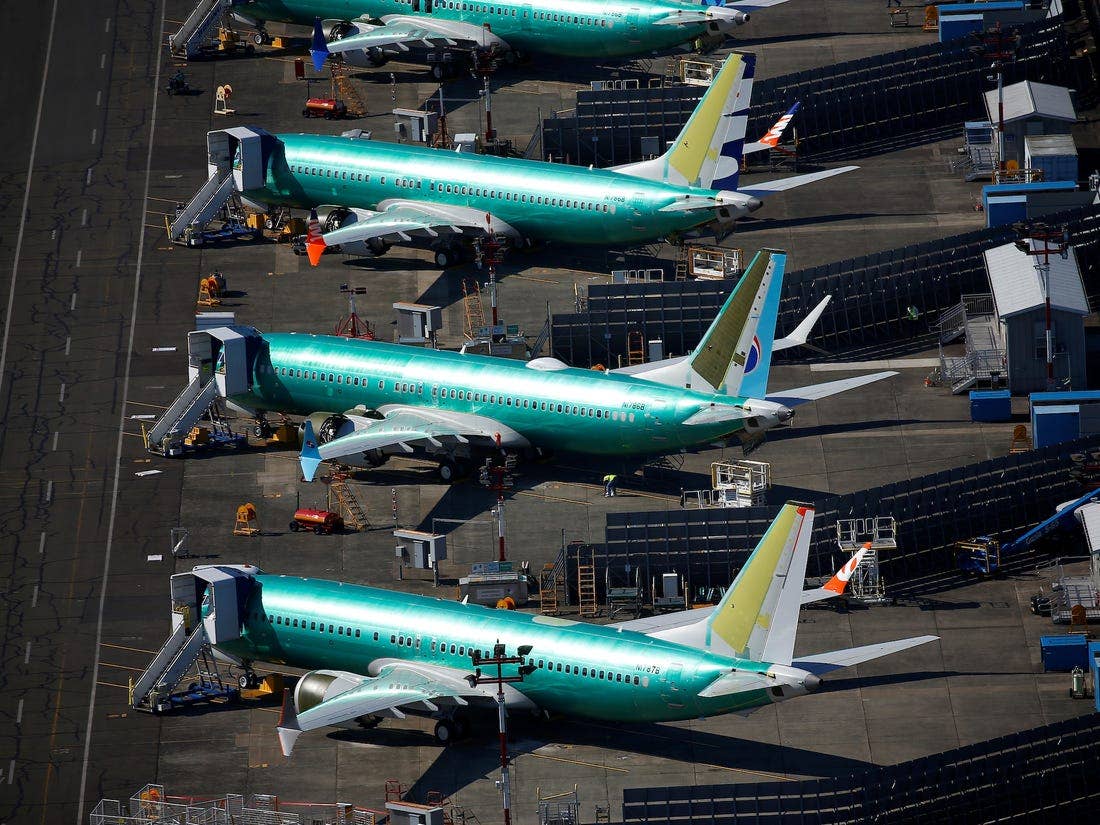
Backtracking on its previous indications, Boeing is now recommending simulator training for 737 MAX crews. In a statement, the company wants "simulator training in addition to computer-based training for all MAX pilots prior to return to service of the 737 MAX. This recommendation takes into account our unstinting commitment to the safe return of service as well as changes to the airplane and test results. Final determination will be established by the regulators."
“Safety is Boeing’s top priority," said interim Boeing CEO Greg Smith. "Public, customer and stakeholder confidence in the 737 MAX is critically important to us and with that focus Boeing has decided to recommend MAX simulator training combined with computer-based training for all pilots prior to returning the MAX safely to service.”
Boeing's largest domestic customer for the MAX, Southwest, had felt that it could bring its crews up to speed with computer training. “That being said, we stand ready to comply with the FAA’s final recommendation and have teams within Southwest that are considering training models for both simulator or computer-based training programs,” Southwest said in a statement to the press. “Since our plans are in the early stages as we await further guidance, we don’t have any time or cost estimates to offer.”
No doubt to stem public fears about the MAX, Boeing has changed tack on the simulator requirement. Making crews a fungible asset across all the recent 737s was a large part of the design process for the MAX itself. Given the fleet size and the number of qualified pilots, it was important for Boeing and its customer airlines to make the transition from earlier 737s to the MAX as seamless and cost-effective as possible.
This request from Boeing and the need to modify existing simulators to emulate the MAX's handling qualities will likely add to the delays getting the airliner into widespread service. Already, airlines are facing significant effort in taking mothballed aircraft from storage.

